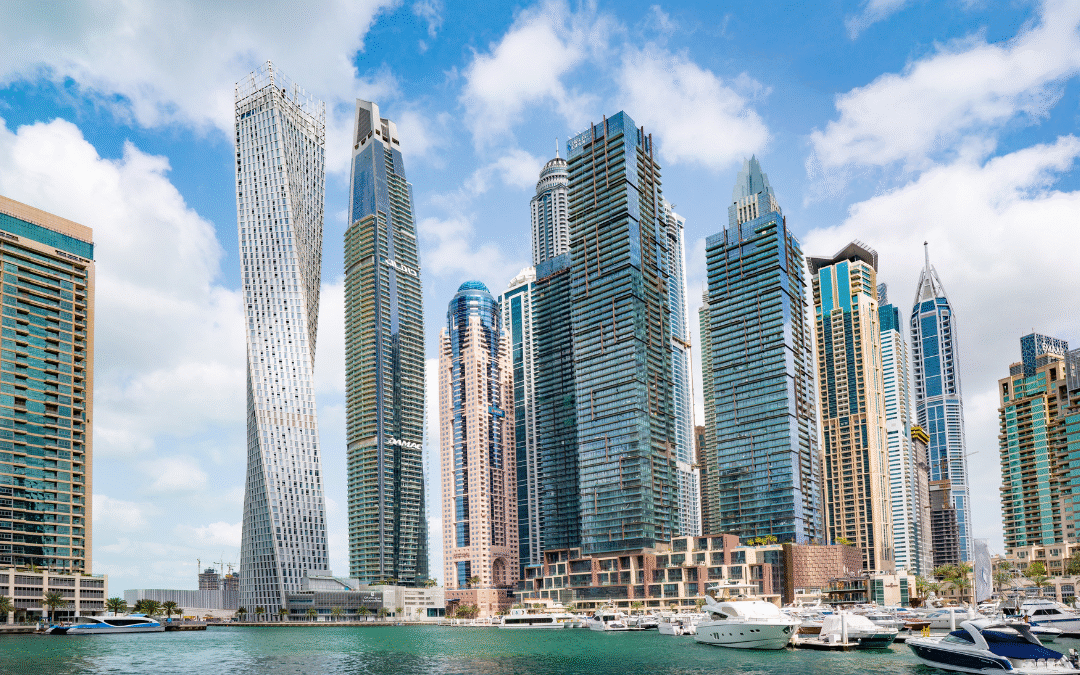For years, Dubai has been synonymous with soaring skyscrapers, ambitious developments, and tax-free investment opportunities. While these remain compelling reasons to buy into the emirate’s property market, the reality of 2025 is that Dubai’s real estate value now extends far beyond financial returns. For global investors, and especially Indian HNIs and Ultra-HNIs, Dubai’s proposition is as much about lifestyle, connectivity, and long-term positioning as it is about yields.
The Rise of Lifestyle-Driven Investment
Luxury real estate has always carried a premium. But in Dubai, that premium has taken on a new dimension. Developers are no longer just selling apartments and villas; they are offering curated lifestyles. Branded residences managed by global names such as Armani, Baccarat, and Ritz-Carlton, Double Tree by Hilton bring with them not only architecture but also an identity. For wealthy families relocating or establishing a second home, lifestyle amenities are no longer add-ons. Private beaches, golf courses, wellness centers, and concierge services have become baseline expectations. In 2025, Indian investors are not only looking at Dubai as a safe haven for capital, they are increasingly seeing it as an upgrade to their quality of life.
Global Connectivity as an Asset Class
Another pillar driving demand is connectivity. Dubai International Airport remains one of the busiest in the world, with direct access to almost every major city. For Indian HNIs who split their time between Mumbai, London, New York, or Singapore, this ease of movement has become invaluable. The real estate market has adapted to this need. Properties near the city’s major transport hubs, such as Dubai Creek Harbour with its quick access to the airport, or Business Bay, which connects seamlessly to Downtown and DIFC, are seeing strong demand. In effect, connectivity itself has become an asset class.
The Education and Healthcare Magnet
When families invest, they do not simply look at a property; they consider the ecosystem. Dubai has positioned itself as a regional education hub, home to top-tier international schools and universities that cater to expatriate families. Similarly, its healthcare infrastructure has undergone rapid modernization, with advanced hospitals and medical tourism facilities. For Indian HNIs, this offers peace of mind: a city where their children receive world-class education and their families have access to cutting-edge healthcare. The result is a stronger pull toward establishing roots in Dubai, making real estate here not just a financial play but a long-term lifestyle choice.
Diversification and Peace of Mind
For Indian investors, diversification outside domestic markets is both a wealth strategy and a necessity. With global volatility, the ability to hold prime real estate in a stable, business-friendly jurisdiction like Dubai is attractive. But beyond the numbers, it is the peace of mind that resonates: a home that doubles as a wealth-preserving asset while enhancing lifestyle.
The Emotional Value of Investment
Perhaps the most overlooked but significant factor in Dubai’s real estate appeal is the emotional connection it creates. For Indian investors, there is cultural familiarity with proximity to home, a large Indian community, and easy access to flights back and forth. At the same time, there is the excitement of global living, luxury retail, fine dining, cultural festivals, and a cosmopolitan vibe. This blend of familiarity and aspiration is rare. Many families who initially invest for financial reasons end up spending more time in Dubai because it offers a sense of belonging coupled with world-class living standards.
Looking Toward the Future
As Dubai continues to position itself as a global hub for business, tourism, and innovation, the real estate sector will only grow in its appeal. But the story investors should pay attention to in 2025 is not just about high yields or attractive payment plans. It is about the value that comes from living in a city designed for the future. Dubai’s success lies in combining the tangible and intangible. The city offers a blend of financial security, lifestyle enhancement, global access, and emotional resonance. For Indian HNIs and Ultra-HNIs, this makes Dubai real estate more than an asset class. It becomes a statement of how and where they want to live their lives.
Conclusion
The phrase “beyond bricks” is more than a metaphor. It captures the essence of Dubai’s evolving real estate market in 2025. Properties here are not simply structures; they are passports to a lifestyle, to global mobility, and to long-term security. For Indian HNIs evaluating where to place their capital, the message is clear. Dubai is no longer just the best investment play, it is the best life play.

